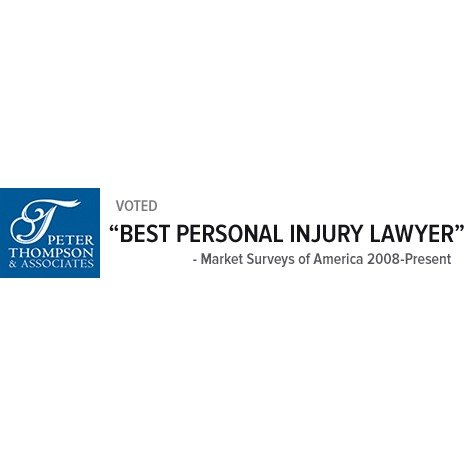Best Sexual Abuse Lawyers in Portland
Share your needs with us, get contacted by law firms.
Free. Takes 2 min.
List of the best lawyers in Portland, United States
About Sexual Abuse Law in Portland, United States
Sexual abuse refers to any unwanted or non-consensual sexual contact or activity. In Portland, United States, sexual abuse is considered a serious crime and is punishable under both state and federal laws. Victims of sexual abuse have legal rights and options available to seek justice and support.
Why You May Need a Lawyer
There are various situations where you may require a lawyer's assistance in sexual abuse cases. Some common reasons include:
- Seeking legal guidance on filing a lawsuit against the abuser
- Understanding your rights as a victim and the legal options available
- Representing you in court proceedings or negotiations
- Assisting in obtaining protective orders or restraining orders
- Helping you navigate the complex legal system and ensuring your interests are protected
Local Laws Overview
Portland, being in the state of Oregon, follows state laws regarding sexual abuse. Some key aspects of local laws include:
- Oregon defines sexual abuse as any unwanted sexual conduct without consent.
- Consent must be voluntary, affirmative, and ongoing throughout any sexual activity.
- Minors (individuals under 18 years old) are not able to give legal consent.
- Oregon has provisions for both criminal and civil actions against perpetrators of sexual abuse.
- The statute of limitations for reporting sexual abuse crimes may vary depending on the circumstances.
Frequently Asked Questions
Q: How long do I have to report sexual abuse in Portland?
A: The statute of limitations for reporting sexual abuse crimes in Portland varies depending on the case. It is recommended to consult with a lawyer to understand the specific timeframe applicable to your situation.
Q: What legal actions can I take against my abuser?
A: You may pursue both criminal and civil actions against your abuser. Criminal actions can result in the abuser facing penalties, while civil actions can help you seek financial compensation for the harm you have suffered.
Q: How can a lawyer help me protect my rights as a victim of sexual abuse?
A: A lawyer specializing in sexual abuse cases can provide legal advice, guide you through the legal process, help gather evidence, represent you in court, and ensure that your rights are protected throughout the proceedings.
Q: Are there resources available in Portland to support survivors of sexual abuse?
A: Yes, there are several organizations and resources available in Portland, such as rape crisis centers, support groups, and legal aid clinics. They can provide counseling, support, and guidance for survivors of sexual abuse.
Q: How can I find a lawyer experienced in sexual abuse cases in Portland?
A: You can search for lawyers specializing in sexual abuse cases through online legal directories, local bar associations, or by seeking referrals from trusted sources such as friends, family, or victim support organizations.
Additional Resources
Here are some additional resources that can be helpful for someone seeking legal advice or support regarding sexual abuse:
- Portland Women's Crisis Line: (503) 235-5333
- RAINN (Rape, Abuse & Incest National Network): 1-800-656-HOPE (4673)
- Oregon Crime Victims Law Center: (503) 208-8160
- Oregon Legal Aid: 1-800-452-7636
Next Steps
If you require legal assistance regarding sexual abuse in Portland, consider taking the following steps:
- Reach out to a lawyer specializing in sexual abuse cases for a consultation.
- Gather any evidence or documentation related to the abuse.
- Inform local authorities about the abuse, if you haven't already done so.
- Seek emotional support from trusted friends, family, or support organizations.
- Explore available resources and support groups for survivors of sexual abuse in your area.
Lawzana helps you find the best lawyers and law firms in Portland through a curated and pre-screened list of qualified legal professionals. Our platform offers rankings and detailed profiles of attorneys and law firms, allowing you to compare based on practice areas, including Sexual Abuse, experience, and client feedback.
Each profile includes a description of the firm's areas of practice, client reviews, team members and partners, year of establishment, spoken languages, office locations, contact information, social media presence, and any published articles or resources. Most firms on our platform speak English and are experienced in both local and international legal matters.
Get a quote from top-rated law firms in Portland, United States — quickly, securely, and without unnecessary hassle.
Disclaimer:
The information provided on this page is for general informational purposes only and does not constitute legal advice. While we strive to ensure the accuracy and relevance of the content, legal information may change over time, and interpretations of the law can vary. You should always consult with a qualified legal professional for advice specific to your situation.
We disclaim all liability for actions taken or not taken based on the content of this page. If you believe any information is incorrect or outdated, please contact us, and we will review and update it where appropriate.








